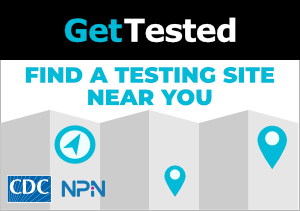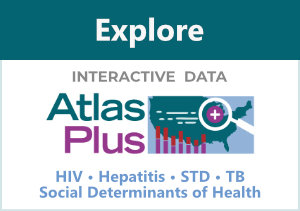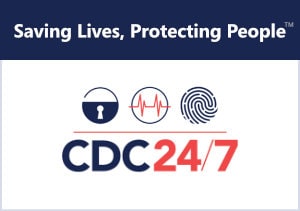Texas Establishes NAAT Technology as a Standard of Care to Detect Gonorrhea among MSM
PCSI Success Stories
Strengthening Collaboration and Service Integration in Texas
To gain new insights into infectious disease trends within the state, the Texas Department of State Health Services (TDSHS) performed data registry matching with resources from CDC’s Program Collaboration and Service Integration (PCSI) Cooperative Agreement. This detailed analysis of co-morbidities raised concerns about the intersection of gonorrhea and HIV in men who have sex with men (MSM), particularly in the high morbidity areas of Dallas and Houston. In addition, research shows that
- A large number of gonorrhea infections are asymptomatic, and up to 85% of people don’t know they are infected.
- Non-urethral gonorrhea infections are more common than urethral infections for MSM.
- The current standard of urine-based testing (urethral only) for gonorrhea is unable to detect 33–64% of infections in MSM.
- For detecting rectal gonorrhea in MSM, the sensitivity of the Nucleic Acid Amplification Testing (NAAT) compared to culture testing is 93% and 43%, respectively.
- Persons infected with an STD have a higher risk of becoming infected with HIV.
- People who have HIV and an STD can more easily transmit HIV to others.
With this knowledge, TDSHS was able to identify a problem with co-morbidities and also the locations where these were the greatest and identify a course of action. They set a goal of establishing extra-genital gonorrhea screening using NAAT technology as a standard of care for MSM.
PCSI Assessment
TDSHS explored the capacity for extra-genital gonorrhea testing using the NAAT. This assessment focused on laboratories, STD clinics, Ryan White (RW) HIV Care providers, and clinics focusing on health issues for MSM in the targeted high morbidity areas.
This assessment found that
- None of the public health laboratories had capacity for NAAT use with extra-genital specimens.
- None of the RW providers collected extra-genital gonorrhea specimens.
- While the two STD clinics assessed risk regarding the site of exposure and collected extra-genital samples, this was conducted for culture testing purposes only.
MSM Health Summit
To continue the momentum around MSM sexual health issues, the PCSI Coordinator and volunteer members from the TDSHS PCSI Steering Committee organized the MSM Sexual Health Summit. The purpose of the Summit was to increase awareness, urgency, and action on correctly classifying and implementing NAAT testing for common sites of infection for MSM. Participants included staff from the public health laboratories; physicians, clinic directors, and nurses from STD clinics, RW care providers and gay-focused clinics; and community members and advocates. Peer networking was encouraged throughout the Summit for the purpose of developing a community-based plan for the implementation of NAAT testing.
Successes/Outcomes
This meeting was a call to action to address the identified public health concerns for MSM.
Laboratory
- One laboratory completed the necessary validation studies for NAAT implementation, yet the inability of the data system to recognize the site of exposure slowed widespread expansion.
- A small pilot was initiated at a local clinic with a client base of 90% MSM. The clinic had already been collecting extra-genital specimens for culture, but had no positive results in 2012. In the first month of using NAAT, three extra-genital samples were positive. This trend has since continued.
- Budget cuts caused the second public health laboratory to delay implementation of extra-genital NAAT testing until funds were later identified; however, three of the large private, for-profit laboratories in Texas gained NAAT capacity during this time.
Clinical
- Since the Summit, two RW care providers have implemented extra-genital gonorrhea testing using NAAT on an individual physician initiative at both agencies. TDSHS plans to visit all RW agencies and the HIV Planning Councils to promote NAAT gonorrhea screening as a standard of care for all MSM.
Next Steps
Now that there is laboratory and clinician capacity momentum, TDSHS is formulating an awareness campaign for the MSM community that highlights the importance of receiving this test.
For more information, please contact:
Todd Logan
PCSI Coordinator HIV/STD Prevention & Care Branch Texas Department of State Health Services
512-206-5934
Todd.Logan@dshs.state.tx.us
Printable PDF versionpdf icon of PCSI Success Story


